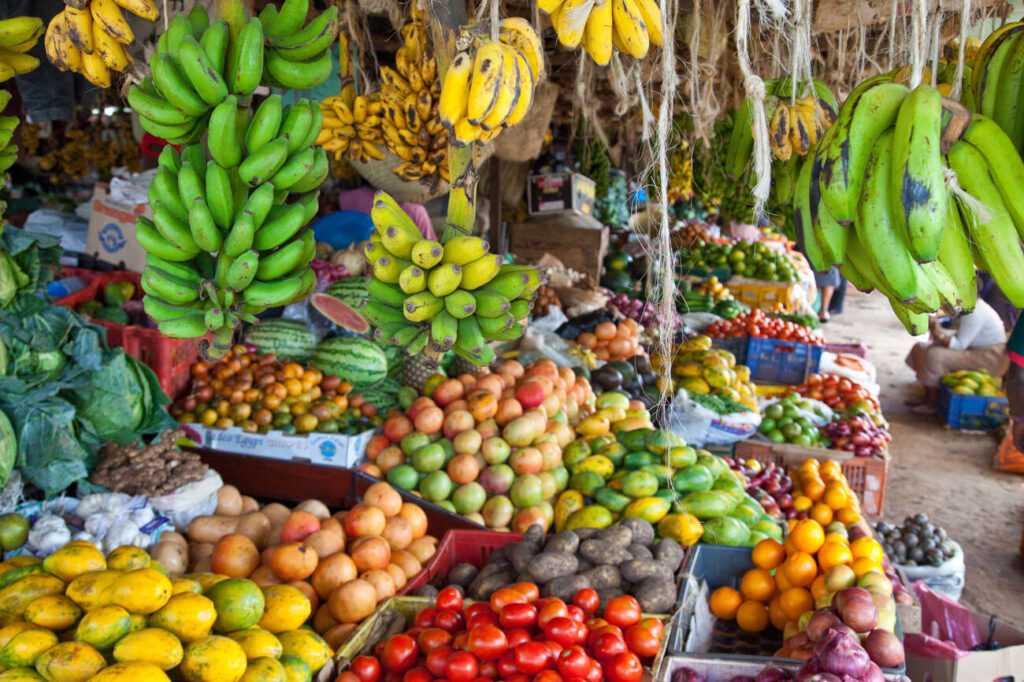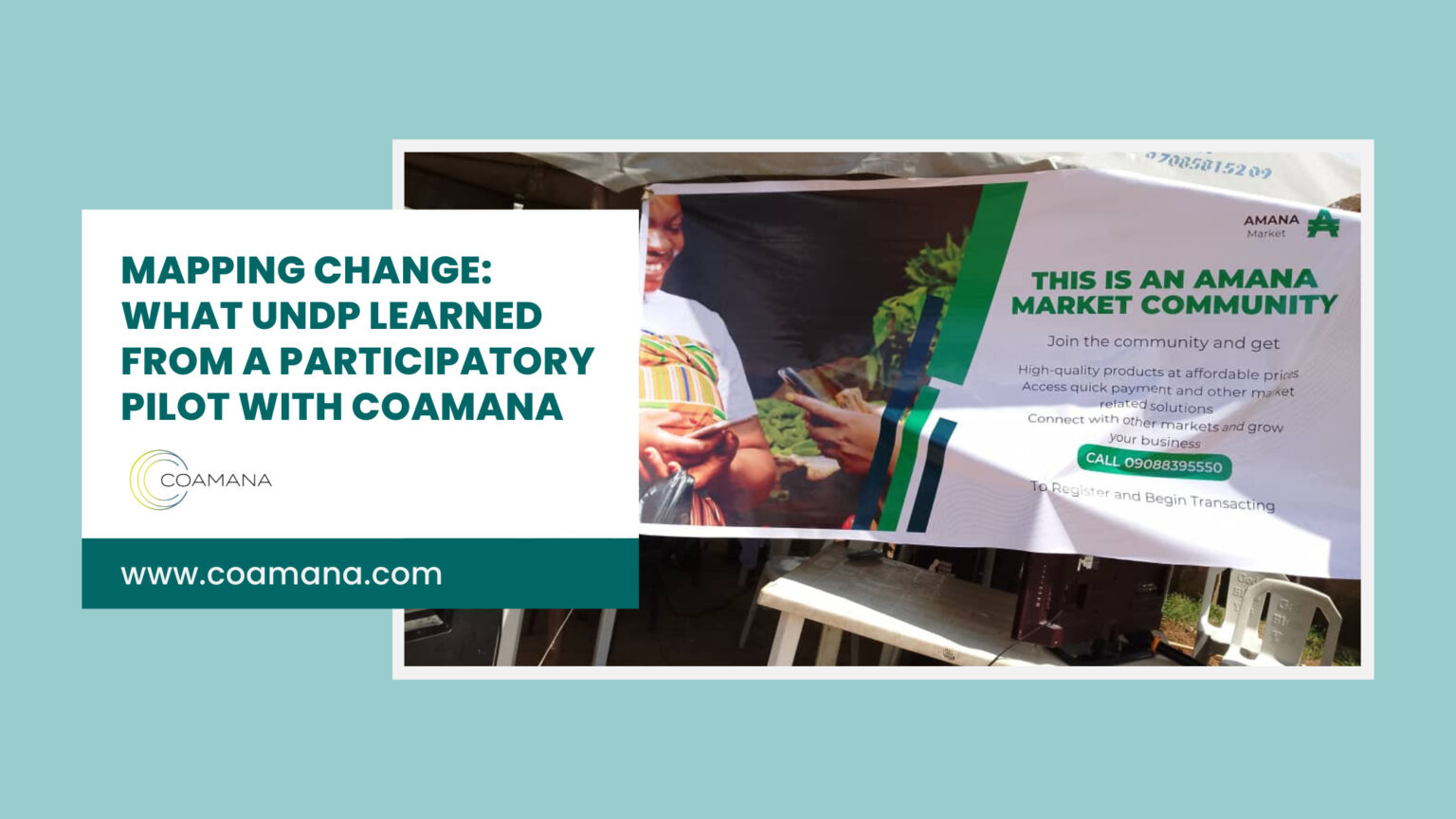Between November 2023 and March 2024, the United Nations Development Programme (UNDP) and the Gates Foundation undertook a participatory Monitoring, Learning and Evaluation (MLE) pilot with CoAmana, a technology firm that supports traditional agricultural markets in West and East Africa. The exercise aimed to test a joint diagnostic framework that captures five structural drivers of market performance—Resilience, Inclusiveness, Competitiveness, Governance and Infrastructure—and to evaluate whether the resulting data could inform strategy and investment decisions.
Two Kenyan markets were selected to represent contrasting contexts. City Park Market in Nairobi is an established urban hub characterised by high vendor density, limited night‑time security and emerging branding ambitions. Wanjohi Market in Nyandarua County is a rural roadside site undergoing reconstruction, with stakeholders prioritising drainage and basic services. The pilot adopted a three‑step mixed‑methods sequence: (1) an online workshop in which CoAmana staff assigned preliminary scores to each driver, (2) ten semi‑structured phone interviews per market with vendors, service personnel and consumers, and (3) an in‑person focus‑group dialogue that validated scores and generated proposals for improvement.

The layering of perspectives yielded several insights. Initial staff ratings tended to emphasise governance challenges, whereas market participants highlighted infrastructure deficiencies and opportunities to strengthen inclusiveness through youth and women’s representation. The final dialogue synthesised these views and produced 13 actionable ideas, including a micro‑levy mechanism for solar lighting, establishment of a women‑managed cold‑storage cooperative and a pilot waste‑to‑fertiliser partnership with local enterprises.
Analysis of the pilot revealed three operational lessons. First, focusing on structural drivers kept discussion centred on high‑leverage factors rather than discrete outputs. Second, technical terminology required translation; concepts such as “resilience” gained traction only when framed as drought survival strategies. Third, sequencing data collection—baseline, interviews, collective dialogue—helped build credibility and facilitated consensus on priorities.
For CoAmana, the exercise clarified a potential evolution from platform operator to ecosystem broker capable of offering annual diagnostics and convening quarterly stakeholder workshops. For UNDP, the pilot demonstrated that participatory MLE can function both as a data‑generation activity and as a catalyst for coordinated action. Subsequent steps include refining the diagnostic toolkit with context‑specific prompts and extending testing to additional market types, such as coastal fish hubs.
The full UNDP–Gates learning brief provides detailed methodology, interview guides and templates for organisations interested in replicating the approach.

